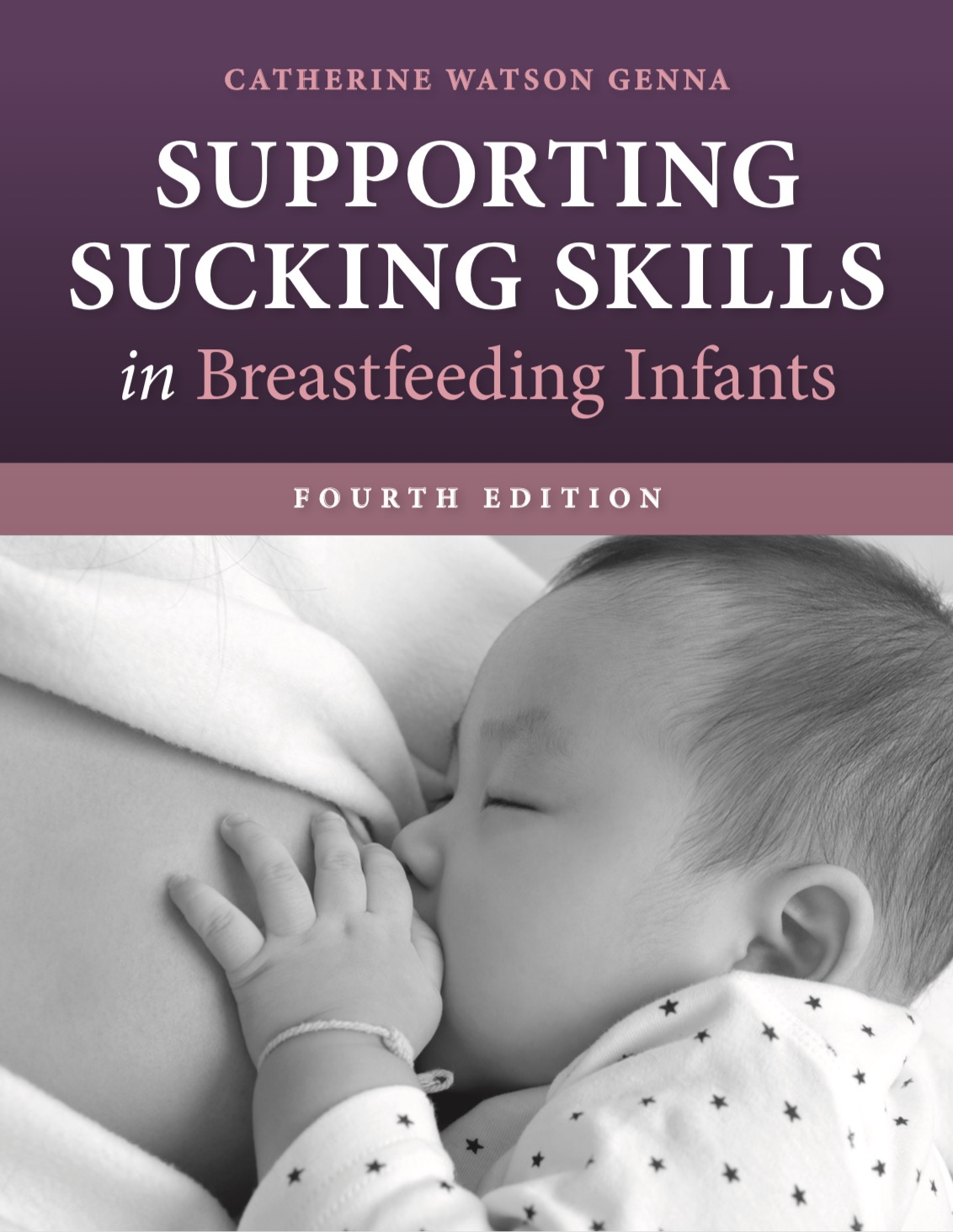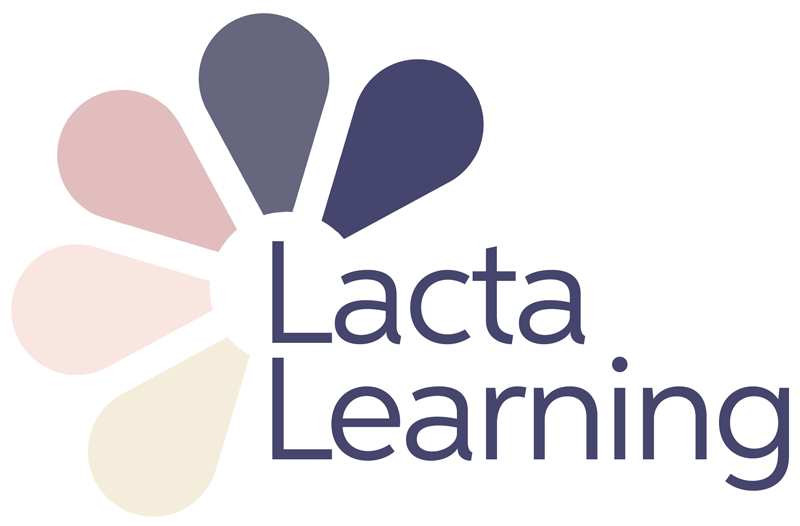Supporting Sucking Skills
Virtual Book Group Self-Study

Do you want to unravel the mysteries of infants with feeding difficulties?
Join Barbara Robertson, along with author Catherine Watson Genna, to unlock the secrets of her book, Supporting Sucking Skills, in this virtual book group. In the book group, we break down information about what is normal for infants, where they struggle, and how we can help. Our structured book group format helps you transition from “Oh, I should do that” to “done,” with practical, implementable methodologies.
What does the self-study course look like?
The course is comprised of ten sessions. For this self-study option, we will be using Thinkific, an online learning platform. For each session, you will see the required reading assignment, read the appropriate sections, review any supporting materials, watch a two-hour recording, and then take a short quiz.
What do you need?
You need to buy or have access to the 2023 Edition of Supporting Sucking Skills.
This course does not offer lactation CERPs.
Payment Options
Fees are based on a country tier system. Determine your country's tier here.
One-time payment - $200
No CERPs for this book group, just for your learning!
See Terms & Conditions for Completion and Refund policies.
